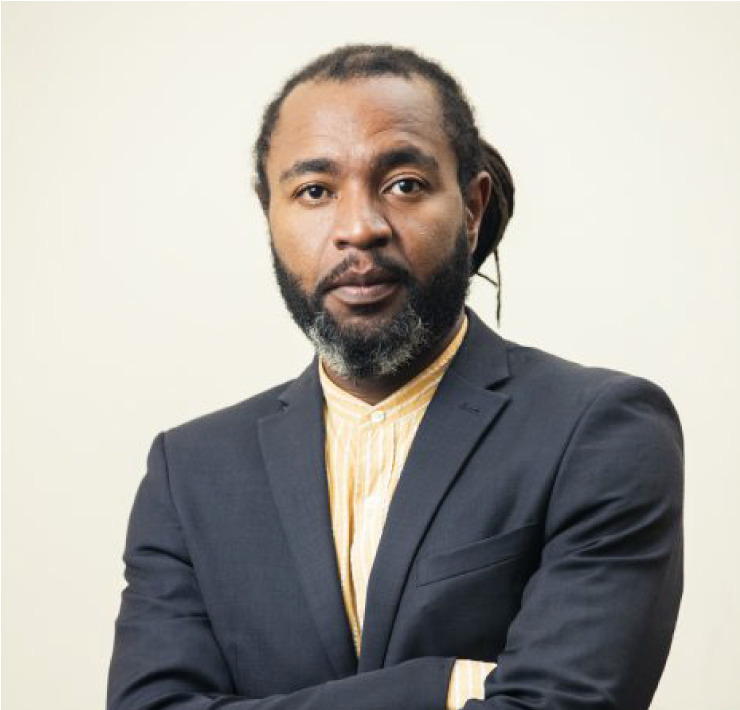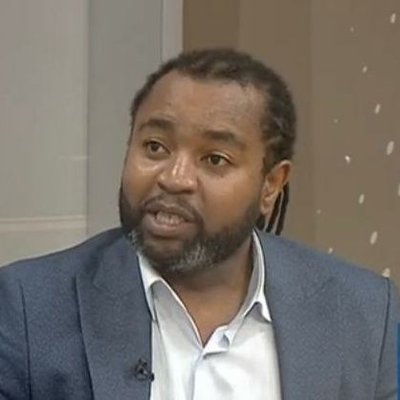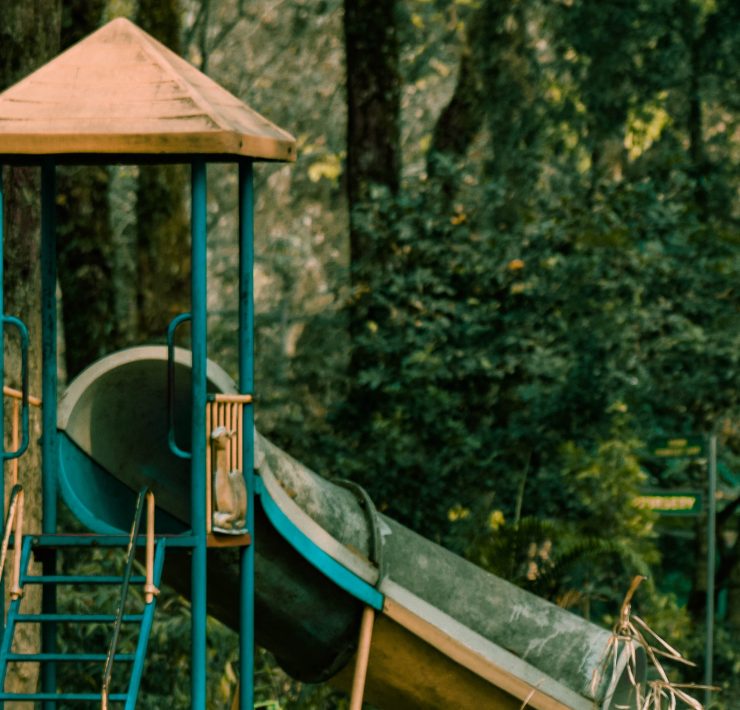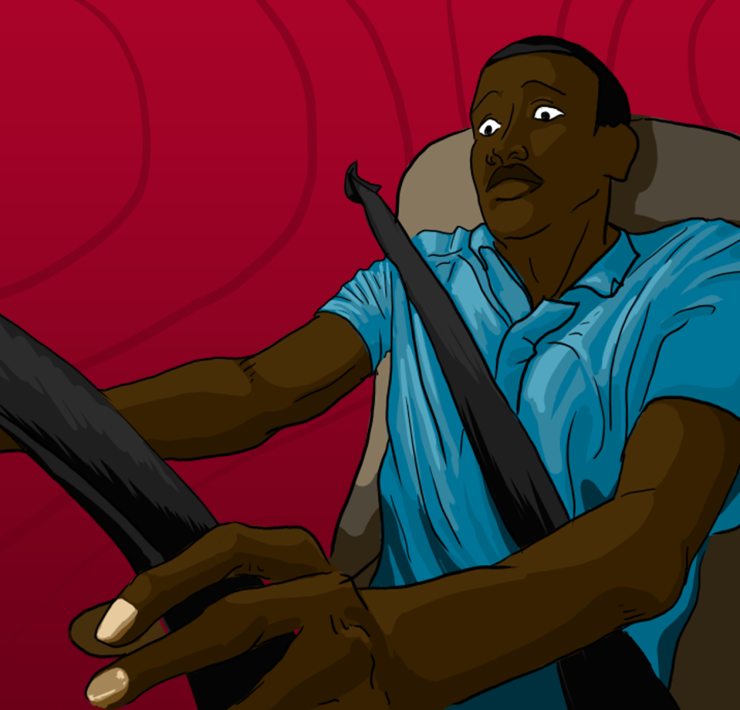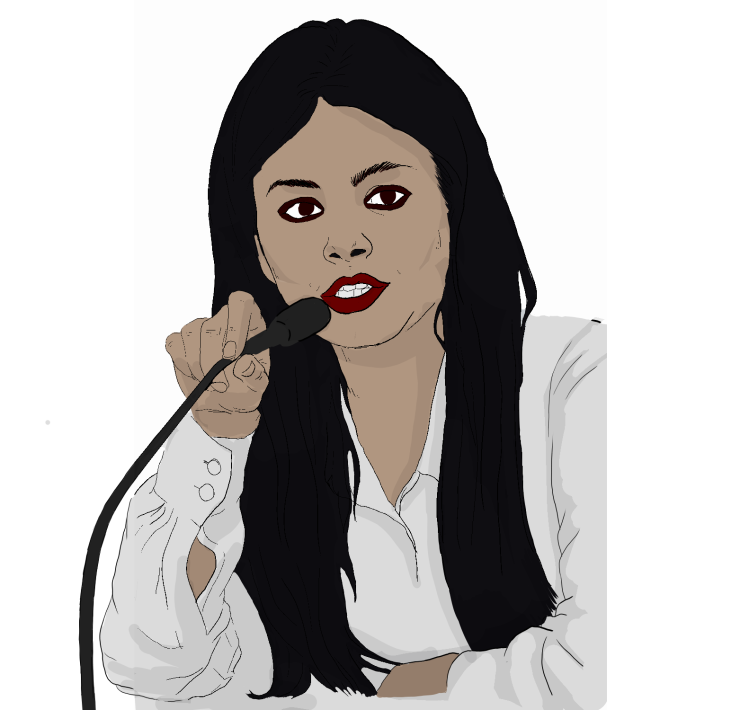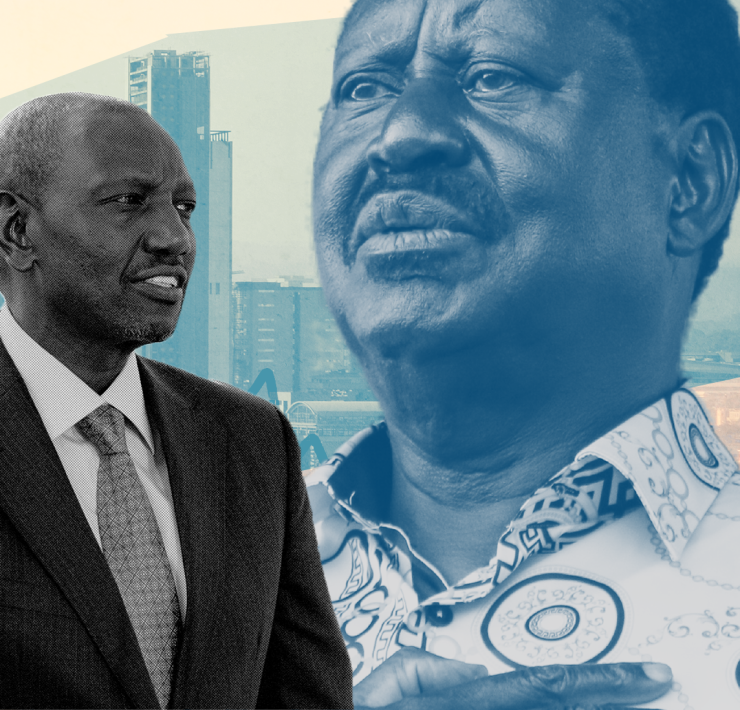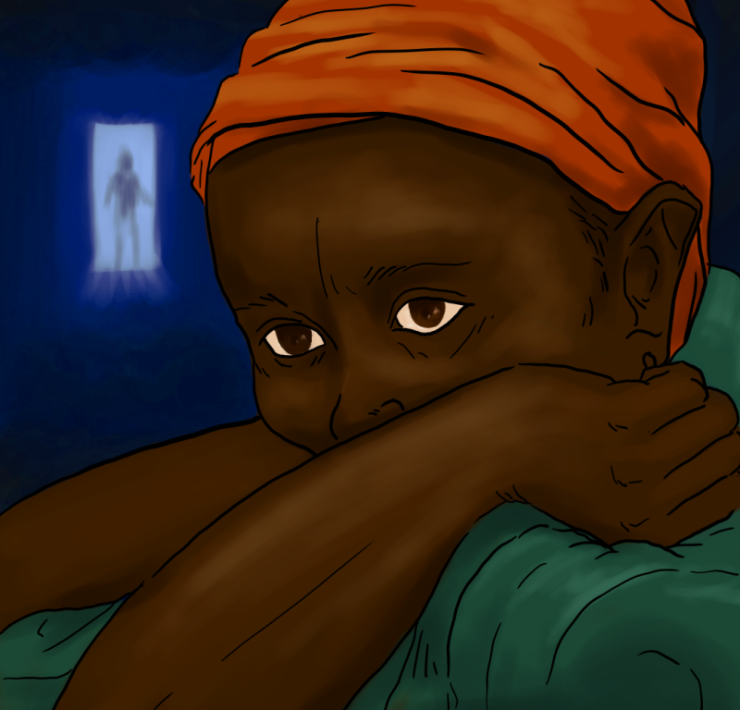The year 2023 is monumental for the Pan-African movement and Kenya. On 25 May 1963, the Organisation of African Unity (OAU) was founded in Addis Ababa, Ethiopia, by thirty two leaders from the then independent African countries. This was seven months before Kenya’s independence. After accomplishing its main duty which at that time, was liberation of African nations and people, in 2002, the OAU became the African Union (AU). In its website, the AU reminisces that, “The OAU was the manifestation of the pan-African vision for an Africa that was united, free and in control of its own destiny…” (emphasis mine). Attaining this goal for what was then known as the Colony and the Protectorate of Kenya (British Kenya/East Africa), which was a foundational member of the consciousness and organisation, 12 December 1963, was monumental for both entities.
As Kenya and the AU roll out teasers towards celebrations – (‘marking’ for some who acknowledge the event but find little to celebrate) their diamond anniversaries, two issues stand out. The first one, which as is shown below, has somehow been resolved, concerns the implication of the Africanisation of public governance in African colonial states – independence, on its viability as a truly emancipated unit and secondly, whether Kenya and other African nations have within these six odd (starting with Ghana in 1957) decades of liberation (punctuated through coups, civil wars, constitutional reviews) accomplished its aims, whose rhetoric during the struggle years, can be likened to a battle against the Biblical four horsemen of war, famine, ignorance, and death.
Animating this, Jomo Kenyatta, Kenya’s founding president, at the advent of independence, reminded Kenyans that gaining independence was not an end but a means towards securing and enhancing the well being of Kenyans. He said – “Many people may think that, now there is Uhuru[freedom)], now I can see the sun of Freedom shining, richness will pour down like manna from Heaven. We must all work hard, with our hands, to save ourselves from poverty, ignorance, and disease.” When congratulating Prime Minister Kenyatta “On the Occasion of the Independence of Kenya” the then US President LB Johnson uncannily wrote “our ultimate goal is a world dedicated to peace and freedom. To help achieve such a world, we will continue to combat those age old enemies of world peace – illiteracy[ignorance], illness[disease], malnutrition[disease/poverty], and poverty.”
Although it may now seem redundant due to the passage of time, reflection about the structural soundness of the realist colonial state is important because it facilitates understanding whether the success or failure of the postcolonial African state, germinates from its very nature or not, and particularly if this form was and remains appropriate for the purposes of Africanising the colonial state. In Kenya this largely meant an indigenous-Kenyan fight against Kenyatta’s three enemies of self-dependence and material advancement. In order to navigate the journey ahead, within the next eleven months, Kenyans must take stock of the psychological, social and material effects of the colonially founded and demarcated (internally and externally) physical territory and how sixty years on, this has affected the different communities, and individuals involuntarily frozen therein.
This is not far-fetched because as is shown below, secession ghosts haunt the Kenyan nation. Additionally, colonial oriented kinship based (ethnic tribalism) organisation and mobilisation remains the root of politics. The presidency in Kenya is hotly contested along ethno-tribal and regional lines because experience has shown that ‘charity begins at home’. Nationally, political parties and presidential voting patterns randomise along ethnic and regional cues. Reports from the Public Service Commission (PSC) and the National Cohesion and Integration Commission (NCIC) show that despite constitutional prohibition, appointments to purse controlling state and senior public offices favour those close to the presidency (including the deputy). These tend to be their ‘tribespeople’. In a country of over fourty two ethnic communities, at least half of the President Ruto’s cabinet come from two ethnic communities and regions (Mt. Kenya and Rift Valley).
Externally and as per the earlier discussed Pan-African consciousness, vis-a-vis detached African states, the optimal viability of fifty nine (59) individual African countries, including Kenya, with an average population of twenty four million, operating within the current Western, hence former colonial masters controlled global village, comes into question. As Alexis de Tocqueville wrote in his book Democracy in America, when it comes to a realistically organised world, size (influence) matters. He extoled the advantages of the size of the USA, by observing that “Physical strength is therefore one of the first conditions of the happiness and even of the existence of nations.”
While also appreciating the efficiency of small nations during normalcy, Tocqueville however lamented that they unfortunately are “apt to suffer from the calamities of war than those great empires…and save for unique situations, inevitably “always united to large empires in the end, either by force or through their own consent.” With this algorithm, it is no wonder then, that Africa’s decolonisation ironically turned out to be giving Africans the illusion of freedom to choose their patrons. The African wanted a Inasmuch as formal colonialism ended, structural dependency did not.
Enter Ukoloni Mamboleo or neo-colonialism – former colonists, through something akin to what Albert Einstein described as “spooky action from a distance”, remain remotely entangled and in control of former colonies through trade (corporations) and military sustains. This to the detriment of African nations and citizens. Sixty years on, imperial variables dictate international relations and trade. Africa remains the frontier of raw extraction, while the West and now China, the harvesters of the surplus value. According to the Internet Encyclopaedia of Philosophy, “Post-colonial studies have shown extensively that despite achieving independence, the influences of colonialism and its agents are still very much present in the lives of most former colonies.
Practically, every aspect of the ex-colonized society still harbors (sic) colonial influences. These influences, their agents and effects constitute the subject matter of neocolonialism”. As illustrated by Frantz Fanon in his book Black Skin, White Masks, colonialism created a psychosis where the colonised lost their real sense of identity and is incessantly condemned to struggle locating it by aping the coloniser’s. This created a hierarchy of consciousness with Africans feeling inferior to Europeans. Six decades on, this psyche still persists to the extent that during the past twenty years when African nations, including Kenya, began disentangling themselves from Western dependency, instead of going it alone, they swapped it for a Chinese version. Sixty years on, dependency, a pillar of colonialism and imperialism is congenital to its creation – the African nation-state.
Is it that Africans never had opportunity to create otherwise? A key item of the agenda during AU’s founding conference, was whether African states should strictly observe colonial territorial borders or loosen them and unite to form a ‘United States of Africa’(USAf). In other words, whether independence meant reverting back to the sans frontiers situation existing before the Berlin Conference of 1885 when Europeans divided Africa amongst themselves and creating a Trans-African state or sustaining the colonial allotments. Kwameh Nkrumah of Ghana led the movement for African political integration (Casablanca Group), while Emperor Haile Selassie led the ‘let the imperial status quo be’ movement (Monrovia Group) which advocated for cooperation amongst detached and realistic African states and governments.
The Monrovia Group prevailed. The take home is that so called decolonisation failed or refused to dismantle its very theatre of operation – the colonial state. Colonial Africa’s cartography, the GPS of imperialism in Africa, remained true in Kenya and Africa in general. The horsemen continued with their journey unimpeded. Noteworthy is AU’s renewed commitment towards political integration by 2063, a hundred years since the idea was mooted.
So it was that by the time of lowering the British Union Jack and raising independent Kenya’s flag, the question about the nature of the post-colonial African state had been answered. Kenya, like others would sustain the colonial name, (a few exceptions like Zimbabwe (Southern Rhodesia), Zambia (Northern Rhodesia), Burkina Faso (Upper Volta), Ghana (Gold Coast)), borders, official language (English), administrative structures, and laws. The only significant change was that of the administrator – from Mzungu (White person) to Mwafrika (African/Black-Kenyan/Indian-Kenyan person).
Therefore, as Kenya examines the quality of its sixtieth anniversary’s diamond, it must be honest with itself about the inclusions and blemishes that have led to the reality of the post-colonial, or neo-colonial country it is today. Like a mongrel, purity for the Kenyan nation-state is an ancient ancestor. Kenya must accept this identity crisis of being super-positioned as both an independent African state that supposedly rid itself of its coloniser but kept the shackles of colonialism – the state. This is an important issue because as mentioned above, the colonial state was a portal for extraction and exploitation of Africa for the benefit of the coloniser. Six decades on, this remains the case. It is vital because Kenya must take stock of whether its existence as an entity that was conceived for the advantage of imperialism, remains fit for business especially for its citizens. Is Kenya working for others or for Kenyans?
This question is relevant because as Kenya begins marking its diamond anniversary year, many Kenyans are wondering whether this post-colonial experiment is working for them. This even after they reaffirmed their commitment to the Kenyan nation-state as originally ring-fenced by the British. This was done in 2010 through constitutional rehabilitation. Kenyans replaced their independence constitution, which over the years had seen much panel-beating, because they wanted to rebirth the nation and recreate a state that guaranteed the well-being of all.
Furthest from claiming that the review of the constitution was triggered by nil returns from the post-/neo-colonial experience, the exercise was an acknowledgment of the good and the bad but a commitment to better. Progress had been (and continues to be made) on many fronts. Albeit with many challenges, since 1963, strides had been made in education, health, and economic sectors. This vindicated the political switch from British to Kenyan. Kenyans however felt cheated in two main aspects – not being the ‘we the people’ who directly birthed the 1963 constitution ( negotiated in the UK between some Kenyan representatives and the British) and secondly the mutilation of the same after independence. Like a born again Christian, through constitutional repentance, Kenyans wanted to save their country.
During this renaissance, the colonial form and structure (a nationalistic state) was left intact albeit with a few changes. The executive was excused of parliamentary duties and judicial headhunting, modest devolution was reintroduced, lengthened bill of rights, and ethical public service circumscribed by strict adherence to a national value framework and principles of governance were key infusions. Inasmuch as some attempts at upsetting the colonial territorial boundaries have been made – the gaf Daba (Shifta War -1963-1967), Mombasa Republican Council (MRC – Pwani si Kenya, 2008-Date (though dormant)), and the National Super Alliance (NASA) secession calls after the 2017 elections, no tectonic shifting event has tested Kenya’s original cartography ordained by the British. If anything, the opposite has happened.
In conclusion, the run up to Kenya’s sixtieth birthday will therefore be more about reflecting whether sustaining the colonial state and Africanising political administration has been materially beneficial to Kenyans. Unfortunately, the reflection begins under foggy conditions because 2023 has commenced with many challenges that touch on Kenyan’s wellbeing. An unaffordable cost of living, five consecutive failed rain seasons leading to severe drought, and famine, insecurity, inadequate health and medical services, an experimental (gain competence as we go) education system, and rampant corruption are doormats into the year. Come December 12 2023, when prayers of gratitude and better tidings are offered, bottles popped and glasses of champagne raised, when the Kenyan diamond shall be held aloft into the light, the key specifications to its clarity shall be whether sixty years on, how Kenya must move beyond the colonial stereotype of being Britain’s kitchen shamba for the ingredients of its Four O’clock Tea – tea (coffee), milk, sugar and pastry, and weigh keenly whether it remains a find in the rough or is surely grinding into a brilliant cut which every diamond should become. A good place to start would be to remember that as Mary Frances Gerety said ‘A diamond is for ever.’
Author
-

Bobby Mkangi served as a Commissioner in the nine-member Committee of Experts for Constitutional Review (CoE) in Kenya that delivered the Constitution of Kenya, 2010 (CoK-2010). In that process Mkangi convened and chaired the human rights, and civic education and public engagement sub-committees of the CoE. Thereafter, Mkangi worked on various transitional justice constitution-making processes in Tanzania, Zimbabwe, Sierra Leone, South Sudan and The Gambia. In 2012, Mkangi spoke at Tokyo’s Toyo University on Constitutions as Platforms of Change in Africa: The Kenyan Case, and is concluding a semi-autobiographical book, provisionally entitled It Was Written: Personal Reflections on Constitution Making Process in Kenya. A children rights advocate, Mkangi participated in an Experts’ Meeting convened by the Special Representative of the UN Secretary General on Violence against Children and the Office of the UN Commissioner on Human Rights (OCHR) on Legal Framework for the Prohibition, Elimination and Response to Violence against Children in Geneva, Switzerland in 2012. On the same issue, Mkangi has finalised two manuscripts provisionally titled The Legal Framework for Child Protection in Kenya and The Anatomy of Child Sexual Abuse: Kenya’s Silent Monster. Mkangi is affiliated to the African Network for Constitutional Lawyers (ANCL) and serve in various boards including the National Democratic Institute (NDI)/Kenya Board (Secretary), the Kampala based Eastern Africa Centre for Constitutional Development (Kituo Cha Katiba -KcK) in which he chairs the board, and Moyo Children’s Centre (MCC) where he sits as Chairperson. Mkangi previously served in the board of the African Network for Prevention and Protection Against Child Abuse and Neglect (ANPPCAN) – Kenya Chapter as Treasurer. In 2010, Mkangi was awarded the Member of the Order of the Burning Spear (MBS) by the President of The Republic of Kenya for exemplary service during Kenya’s constitution-making process. In similar context, Mkangi was awarded the Shujaa Wetu (our hero) Award by the National Council For Community Based Organisations. In 2004, he was awarded Honorary Membership (2004-2006) by the International Society for the Protection against Child Abuse and Neglect (ISPCAN). Mkangi works as an independent legal consultant, and lives in Nairobi, Kenya.
Bobby Mkangi served as a Commissioner in the nine-member Committee of Experts for Constitutional Review (CoE) in Kenya that delivered the Constitution of Kenya, 2010 (CoK-2010). In that process Mkangi convened and chaired the human rights, and civic education and public engagement sub-committees of the CoE. Thereafter, Mkangi worked on various transitional justice constitution-making processes in Tanzania, Zimbabwe, Sierra Leone, South Sudan and The Gambia. In 2012, Mkangi spoke at Tokyo’s Toyo University on Constitutions as Platforms of Change in Africa: The Kenyan Case, and is concluding a semi-autobiographical book, provisionally entitled It Was Written: Personal Reflections on Constitution Making Process in Kenya. A children rights advocate, Mkangi participated in an Experts’ Meeting convened by the Special Representative of the UN Secretary General on Violence against Children and the Office of the UN Commissioner on Human Rights (OCHR) on Legal Framework for the Prohibition, Elimination and Response to Violence against Children in Geneva, Switzerland in 2012. On the same issue, Mkangi has finalised two manuscripts provisionally titled The Legal Framework for Child Protection in Kenya and The Anatomy of Child Sexual Abuse: Kenya’s Silent Monster. Mkangi is affiliated to the African Network for Constitutional Lawyers (ANCL) and serve in various boards including the National Democratic Institute (NDI)/Kenya Board (Secretary), the Kampala based Eastern Africa Centre for Constitutional Development (Kituo Cha Katiba -KcK) in which he chairs the board, and Moyo Children’s Centre (MCC) where he sits as Chairperson. Mkangi previously served in the board of the African Network for Prevention and Protection Against Child Abuse and Neglect (ANPPCAN) – Kenya Chapter as Treasurer. In 2010, Mkangi was awarded the Member of the Order of the Burning Spear (MBS) by the President of The Republic of Kenya for exemplary service during Kenya’s constitution-making process. In similar context, Mkangi was awarded the Shujaa Wetu (our hero) Award by the National Council For Community Based Organisations. In 2004, he was awarded Honorary Membership (2004-2006) by the International Society for the Protection against Child Abuse and Neglect (ISPCAN). Mkangi works as an independent legal consultant, and lives in Nairobi, Kenya.

